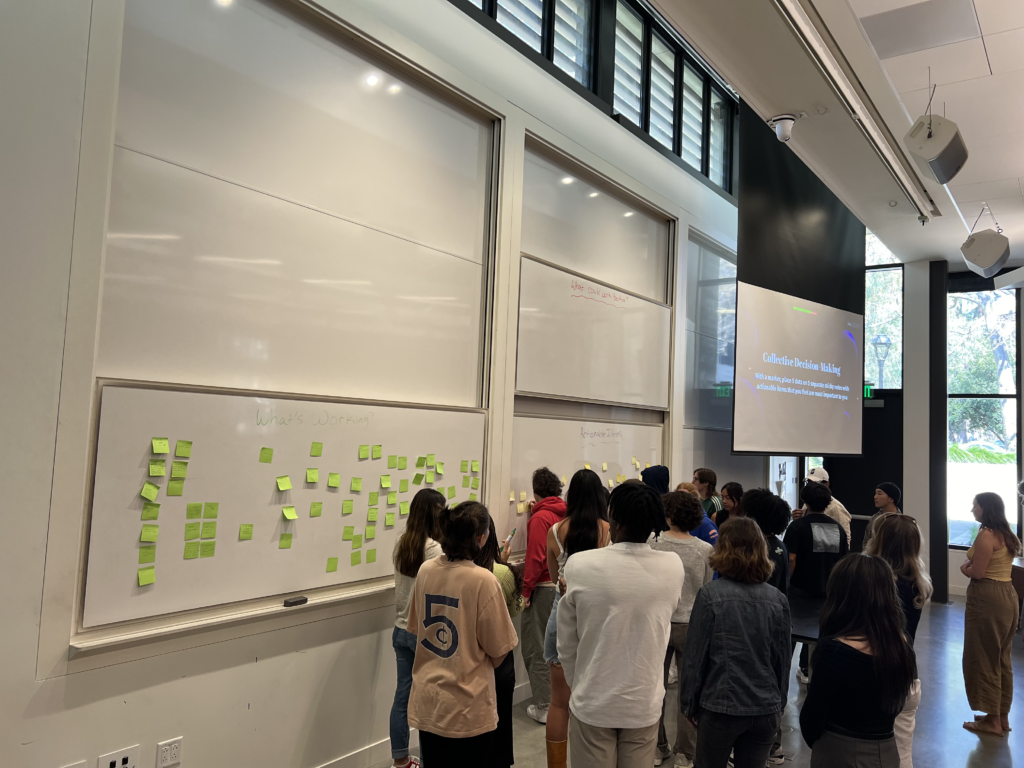The Astro Uplift Project

The Astro Uplift Project is a 3-year-long, NSF-supported initiative that aims to uplift the community of astronomy by highlighting the work and stories of marginalized astronomers and discussing methods to dismantle barriers operating against marginalized communities in astronomy. The end result of this project will be series of planetarium shows at the intersection of astronomy and justice to eventually be presented at the Pomona College Planetarium.
Phase 1: Content Curation

A crucial part of the Intro to Galaxies & Cosmology course that I taught at Pomona College (Spring 2024) was the community justice component. Throughout the semester, we spent a much time reading about and discussing issues that impact marginalized communities in astronomy. In the second half of the semester, students worked together on a project in which they conducted research on either (1) the academic path and contributions to the field of two astronomers of marginalized backgrounds or (2) methods to dismantle barriers operating against marginalized communities in astronomy — based on justice discussions that we had earlier in the term. At the end of the semester, the students presented their findings to the broader physics and astronomy department community at Pomona College.
This class project served as the content curation phase of the Astro Uplift Project. The content that the Astro 2 students worked to put together will serve as the basis for the series of planetarium shows that will be the culmination of the Astro Uplift Project.
Phase 2: Content Creation
In the second phase of this project, I plan to work with Pomona College planetarium staff to use the content curated in phase 1 to create a series of planetarium shows.
Phase 3: Launch Planetarium Show Series
The end goal of this initiative is to launch a series of planetarium shows that sit at the intersection of justice and astronomy. This monthly series will reach folks in the cities of Pomona, Ontario and Fontana — all with over 75% Latine/Black populations. My hope for this program is for this planetarium series to inspire children who look like the astronomers highlighted in these shows to pursue college educations and to possibly work in STEM fields in the future.